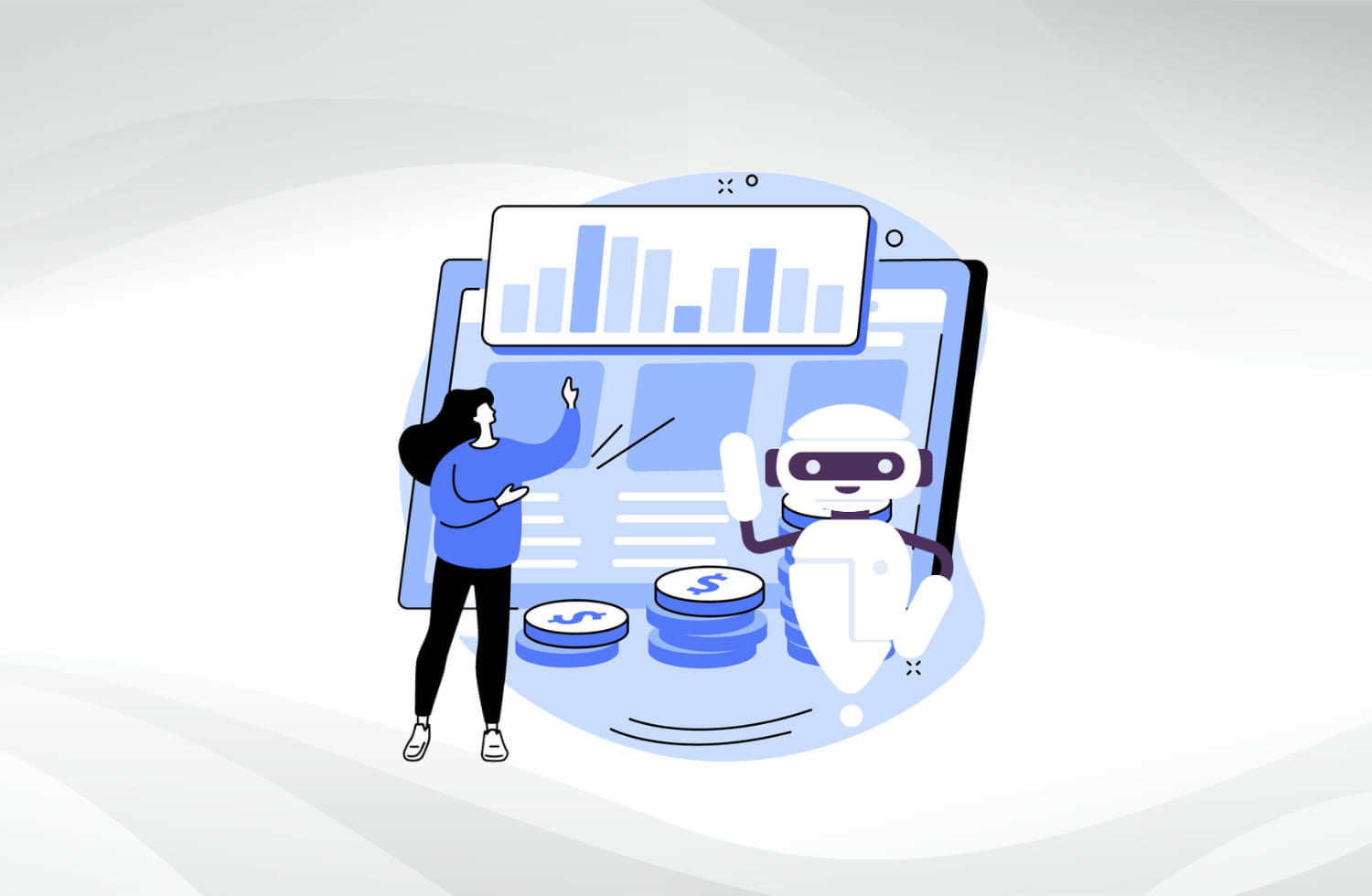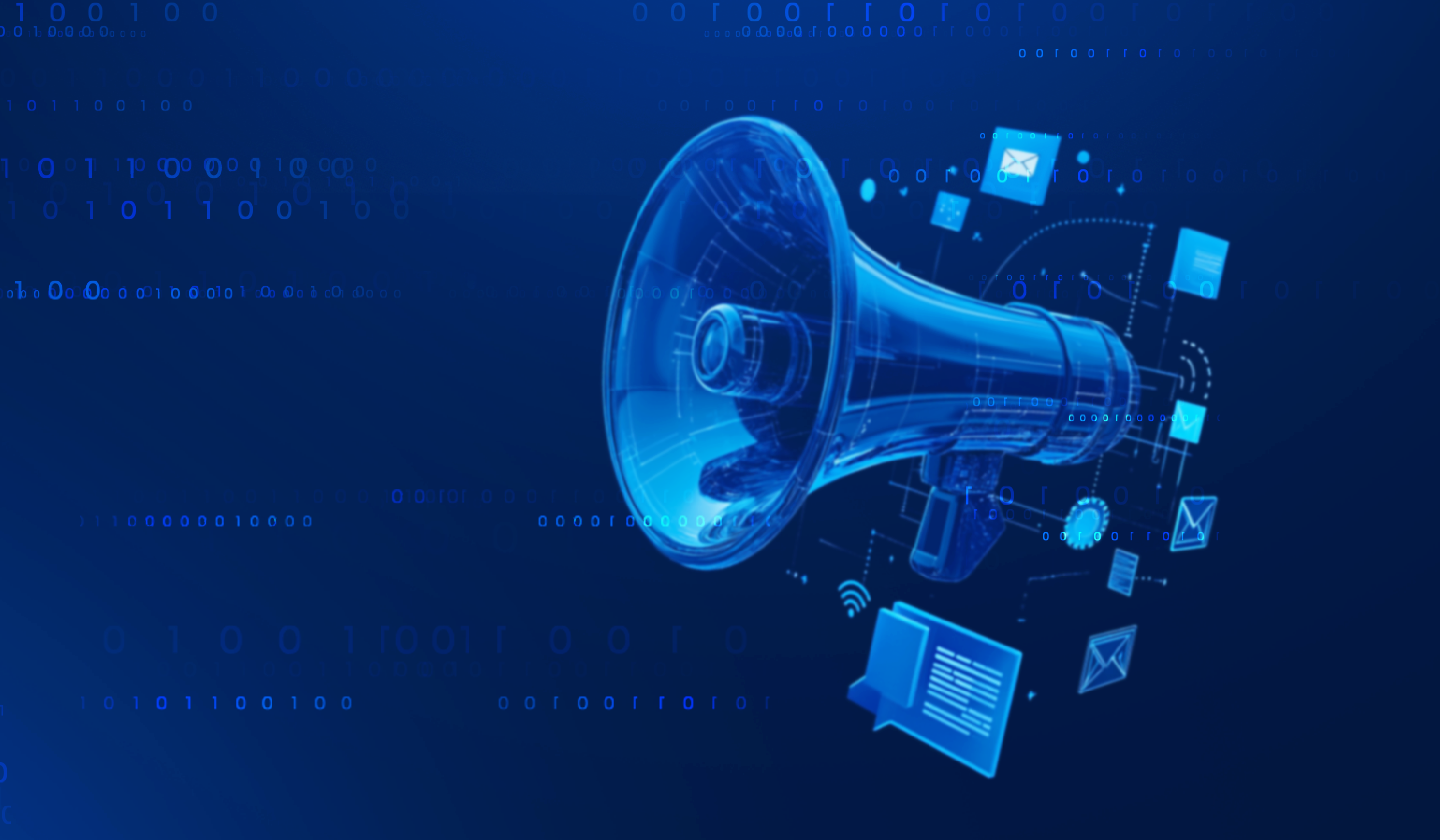Artificial intelligence (AI) use cases in marketing have become ubiquitous. Utilizing AI in pay-per-click (PPC) advertising is becoming an increasingly popular trend in digital marketing.
AI can transform how PPC advertising is executed because of its ability to analyze vast amounts of data and make real-time decisions. This blog explores how AI can be used in PPC advertising, its benefits and drawbacks, and factors advertisers need to consider when implementing AI in their PPC strategy.
Basics of PPC
In PPC advertising, advertisers pay each time a user clicks on one of their ads. The ads usually appear on search engine result pages, websites, or other online platforms. Advertisers create ads, choose keywords, and bid on those keywords in an auction-style format. When a user’s search query matches one of the advertiser’s keywords, their ad may appear on the search results page. The advertiser has to pay when the user clicks on the ad and is redirected to their website.
Compared with traditional advertising, PPC advertising is cost-effective for businesses to reach potential customers and drive traffic to their websites. It allows advertisers to target specific audience segments and track their campaigns’ success via metrics like click-through rate (CTR) and conversion rate.
AI in PPC Advertising
AI in PPC advertising refers to using AI algorithms and machine learning (ML) techniques to automate and optimize various aspects of a PPC campaign. This includes keyword selection, bid optimization, audience targeting, and ad creation.
This year, the utilization of AI in PPC advertising is set to reach new heights and bring about significant benefits to advertisers and consumers alike, such as personalized customer experience, better content and offers, improved performance metrics, increased productivity, and higher revenue. In addition, AI can be utilized in PPC advertising for many other aspects of online advertising.
- Bidding strategies: AI algorithms can analyze vast amounts of data and adjust bids in real time based on several factors, such as audience engagement, competition, and consumer behavior. This can help advertisers maximize their PPC campaigns’ ROI.
- Audience segmentation: With AI algorithms, advertisers can better understand their target audience by analyzing consumer behavior and identifying patterns. Using this information, advertisers can create more targeted and effective PPC campaigns.
- Automate ad creation: AI can create high-quality ads automatically, considering factors such as consumer behavior, keywords, and audience demographics.
- Keyword research: AI algorithms can identify the most effective keywords in PPC campaigns. Such information is necessary to create more targeted and cost-effective campaigns.
- Monitoring and optimizing campaigns: AI algorithms can continuously monitor PPC campaigns and provide insights for optimization. This can help advertisers make informed decisions about improving their campaigns’ performance.
- Fraud detection: With the increasing prevalence of ad fraud, it’s essential to have a system in place to detect and prevent fraudulent activities. AI algorithms can detect fraudulent clicks and impressions, protecting the advertisers’ PPC investment.
AI in PPC advertising enhances the effectiveness of ad campaigns and increases ROI for advertisers, and, as such, many companies are utilizing AI technology in their PPC practices.
- Google Ads: Google’s advertising platform utilizes AI in several ways, including optimizing bids, ad placement, and ad relevance.
- Marin Software: This platform uses AI to automate and optimize PPC campaigns across multiple platforms, including Google Ads and Facebook Ads.
- Kenshoo: Kenshoo uses AI to optimize PPC campaigns by predicting future performance and adjusting accordingly.
- Adobe Advertising Cloud: Adobe’s platform uses AI to analyze vast data and identify trends, which can be used to optimize PPC campaigns.
- PPC Protect: This platform uses AI to detect and prevent fraudulent clicks on PPC ads, helping advertisers save money and improve their ROI.
- WordStream: WordStream uses AI to automate keyword research and ad creation, making it easier for businesses to launch and manage PPC campaigns.
- Microsoft Ads: Microsoft’s advertising platform uses AI to optimize bids and ad relevance and provide insights and recommendations for improving campaign performance.
These are just a few examples of companies using AI in their PPC practices. AI in PPC is gaining popularity as it allows for more efficient and effective management of campaigns, leading to improved results and a higher ROI.
Drawbacks of AI in PPC Advertising
While AI in PPC advertising delivers several benefits to businesses, various drawbacks prevent the full implementation of AI in PPC use cases.
- Lack of human touch: AI algorithms lack the creativity and intuition a human marketer brings to a campaign. This can lead to suboptimal or ineffective advertising strategies.
- Bias in data: If the inherent data used to train AI algorithms is biased, the advertising campaigns may also be biased. This can lead to discriminatory or ineffective advertising.
- Complexity: Implementing AI in PPC advertising is daunting and demands significant investment in time and resources.
With such drawbacks of AI in PPC advertising, businesses must ensure several factors when implementing AI in their marketing campaigns.
- Data quality: The data used to train AI algorithms needs to be accurate, relevant, and up-to-date.
- Integration with existing workflow: AI algorithms should be integrated with the existing workflow to maximize their effectiveness and minimize disruption.
- Transparency and control: It is essential to have transparency and control over the AI algorithms to ensure that they are aligned with the goals and values of the company.
Conclusion
Utilizing AI in PPC advertising has the potential to improve advertising campaigns significantly. Still, it is essential to consider the benefits and drawbacks and implement AI responsibly and effectively.
However, it’s also important to remember that AI is not a silver bullet and should be used in combination with human expertise to realize its full potential. Nevertheless, the benefits of AI in PPC advertising are clear, and businesses that incorporate this technology into their advertising strategies will likely see significant improvements in their results.




